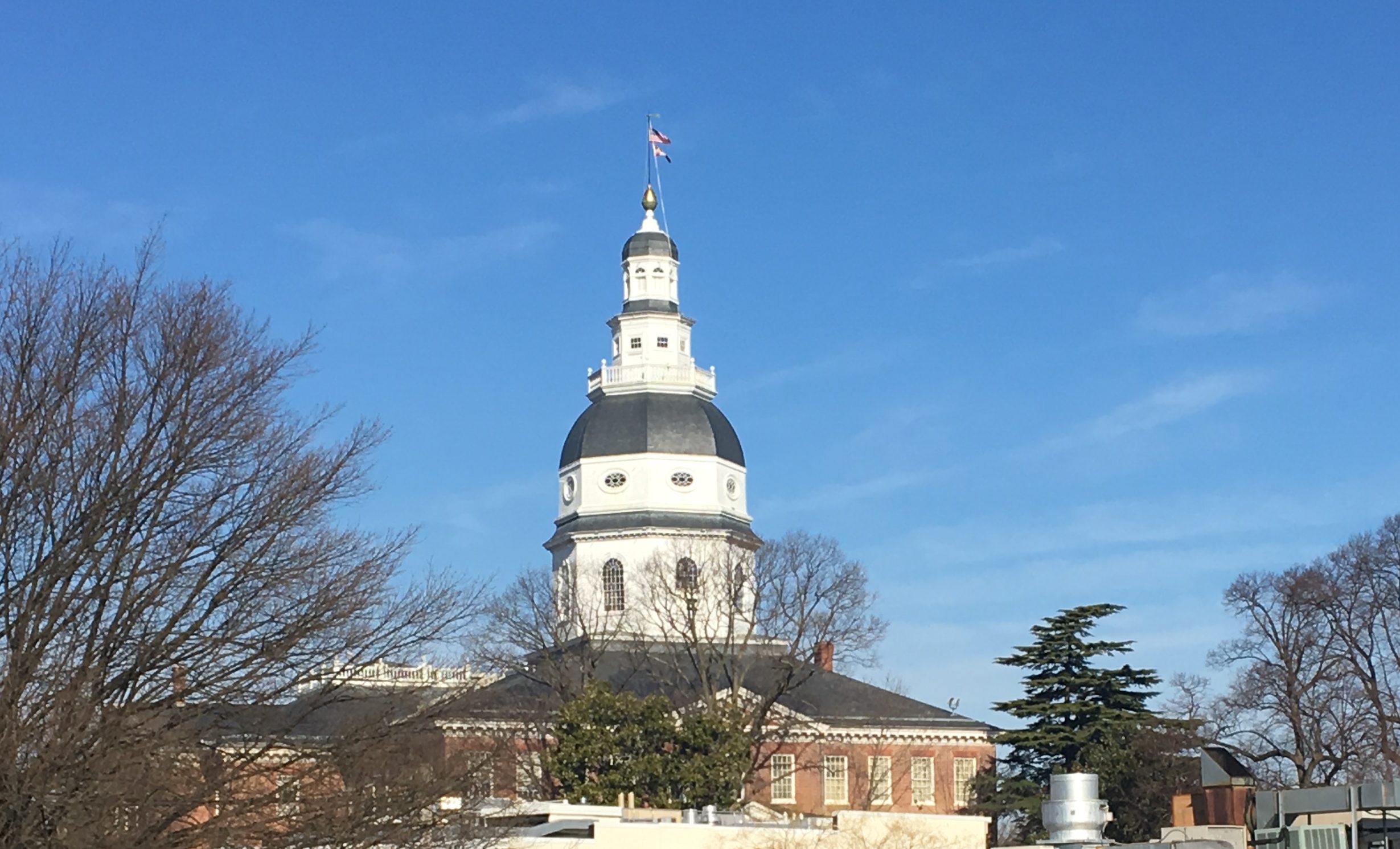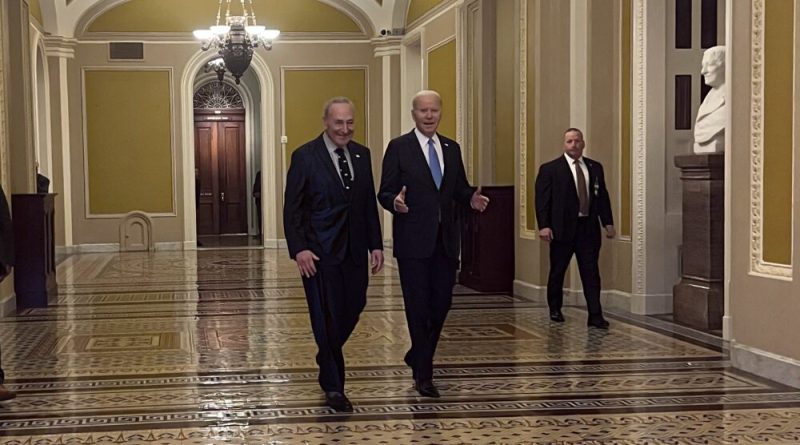Biden to veto bill blocking use of ESG in retirement plan investments
By MICAELA HANSON
WASHINGTON – President Joe Biden is poised to veto legislation that would roll back an administration rule allowing retirement plan managers to incorporate environmental, social and governance factors into investment decisions.
The Senate passed the measure Wednesday. It passed the House on Tuesday.
Critics of the Biden administration rule argued that ESG policies politicize investing and are a “woke” practice, even though such policies are now in wide use.
The Labor Department’s rule was introduced last year and implemented in early January. It reversed a Trump-era policy that discouraged investors from citing environmental and social factors in retirement investments.
Sen. Joe Manchin, D-West Virginia, who voted with Senate Republicans to roll back the rule, said in floor remarks that “(ESG) is just another example of how our administration prioritizes a liberal policy agenda over protecting and growing the retirement accounts of 150 million Americans that will be in jeopardy.”
Before the vote on Wednesday evening, many of Manchin’s Democratic colleagues disagreed.
“Republicans would like us to believe that some bizarre, viral epidemic of wokeism has spread into America’s great financial companies, into the investment advisors, into the banks, into all kinds of fiduciaries, and that needs to be somehow excised,” Sen. Sheldon Whitehouse, R-Rhode Island, said during Senate debate. “That is not what has happened.”
ESG in practice is also being fought in some states. Likely Republican presidential candidate and Florida Gov. Ron DeSantis and trustees of the State Board of Administration passed a resolution to eliminate “woke” ESG considerations from state pension investments last year.
The Senate voted 50-46 to pass the rollback resolution. In addition to Manchin, Senate Republicans had the support of Sen. Jon Tester, D-Montana. Sen. Kyrsten Sinema, I-Arizona, voted with the majority of Democrats, including Maryland Sens. Ben Cardin and Chris Van Hollen, opposing the rollback.
Both Manchin and Tester are up for re-election in 2024 and face potentially difficult battles in red states.
With three Senate Democrats absent – John Fetterman of Pennsylvania, Dianne Feinstein of California, and Jeff Merkley of Oregon – Republicans were able to squeak out a rare win in the Senate, which has a Democratic majority.
The House on Tuesday passed, on a 216-204 vote, a resolution to block the same ESG rule. A single Democrat voted with the GOP: Rep. Jared Golden of Maine.
The White House’s Office of Management and Budget said Monday in a statement of administration policy that Biden would veto the rollback. It would be the first veto of his administration.
“The rule reflects what successful marketplace investors already know – there is an extensive body of evidence that environmental, social, and governance factors can have material impacts on certain markets, industries, and companies,” the OMB said. “Such factors also can be a deciding factor among investments that equally serve the financial interests of the plan over the appropriate time horizon and that put the interests of the plan participants and their beneficiaries first and the federal government should not restrict that choice for plan managers.”
The OMB emphasized that the administration’s rule “is not a mandate – it does not require any fiduciary to make investment decisions based solely on ESG factors.”
“The rule simply makes sure that retirement plan fiduciaries must engage in a risk and return analysis of their investment decisions and recognizes that these factors can be relevant to that analysis,” the statement said.
ESG factors are used by some investors and shareholders to gauge a company’s values. These factors assess a company’s eco-friendly practices, labor laws and safety measures, and structure of the company. Ultimately, they can promote sustainability and provide insight into whether a company is equipped to tackle future challenges.
“ESG is about looking at the biggest picture possible so that investors can make decisions that decrease risk, while increasing returns,” Senate Majority Leader Chuck Schumer, D-New York, said during the Senate’s debate.
A Harvard University study found that 81% of institutional investors in the United States plan to increase their allocations to ESG products over the next two years, almost on a par with Europe.
Environmental and social factors are increasingly considered in investing due to the growing risk of climate change and its economic effects.
In fact, global ESG fund assets reached $2.5 trillion at the end of 2022, a nearly 12 percent jump from the third quarter, according to Morningstar.
Even so, Sen. Mike Braun, R-Indiana, told fellow senators that “this rule now allows the criterion of using those ESG goals, which would be simplified as being able to push a certain ideology or a certain point of view, into how retirement earnings are invested.”
The Republicans are the ones injecting ideology into the debate over ESG, Sen. Brian Schatz, D-Hawaii, countered, pointing to efforts to fight climate change as one example.
“It’s the latest step in a campaign to prevent American financial institutions from making money from the clean energy revolution, and it should offend anyone who supports free markets,” Schatz said.

Capital News Service is a student-powered news organization run by the University of Maryland Philip Merrill College of Journalism. With bureaus in Annapolis and Washington run by professional journalists with decades of experience, they deliver news in multiple formats via partner news organizations and a destination Website.

